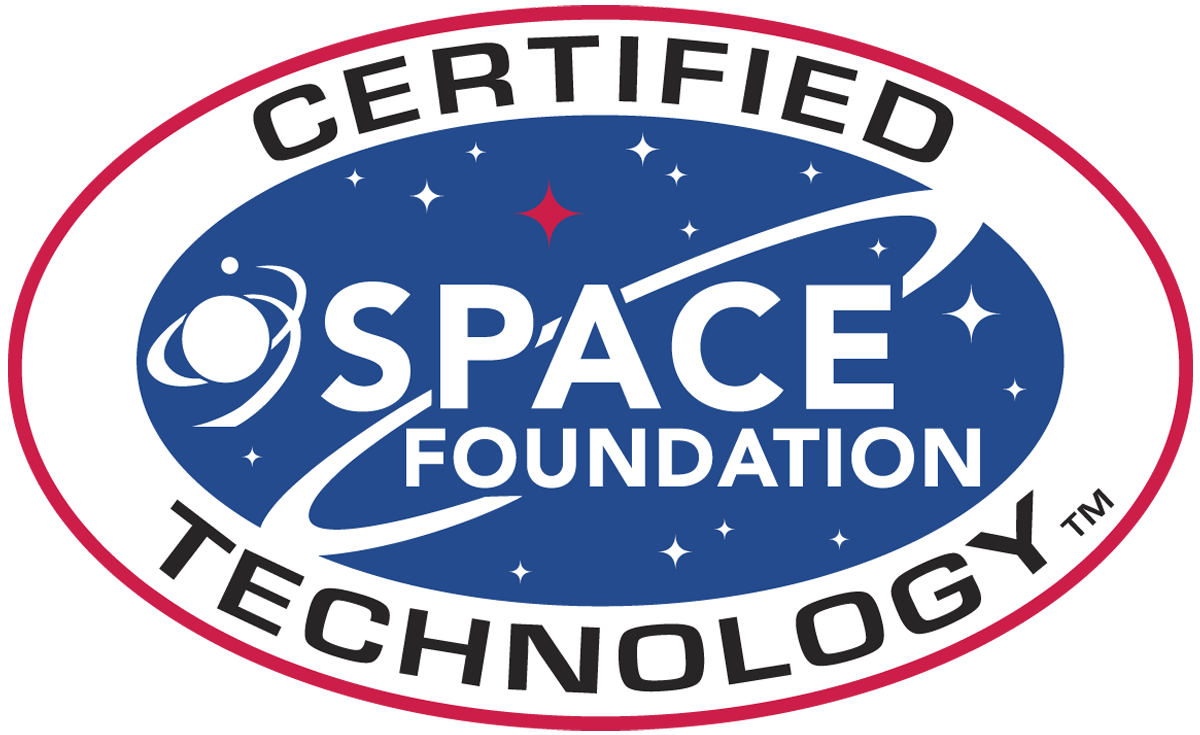 A new study gives some insight
A new study gives some insight
Source: Elsevier
“For decades, doctors have treated kids with attention-deficit/hyperactivity disorder (ADHD) with methylphenidate, a stimulant drug sold as Ritalin and Concerta, making it one of the most widely prescribed medications aimed at the central nervous system. One might expect that researchers would know how methylphenidate works in the brain by now, but little is known about the drug’s mechanism of action.
Now, a new study seeks to close this gap and understand how methylphenidate interacts with cognitive control networks and attentional behavior.
The new study appears in Biological Psychiatry: Cognitive Neuroscience and Neuroimaging.
What researchers do know is that individuals with ADHD have lower dopamine signaling activity than neurotypical individuals in the interconnected brain networks that control attention and goal-directed behaviors.
Specifically, methylphenidate is hypothesized to ameliorate ADHD symptoms by increasing dopamine levels in the nucleus accumbens (NAc), a hub for dopamine signaling.”
Researchers used functional magnetic resonance imaging (fMRI) to measure the effects of methylphenidate on spontaneous brain activity in 27 children with ADHD and 49 typically developing controls. Children with ADHD were scanned during two different visits one to six weeks apart—once while receiving methylphenidate and once while receiving a placebo. (Typically developing children did not receive medication or placebo.)
In summary, the researchers found that multiple brain networks in children with ADHD had aberrant activity. This suggests that the network may be underperforming. The use of methylphenidate may improve the dysfunction of the attention network and thus improve attention.
“Our findings demonstrate in two independent cohorts that methylphenidate changes spontaneous neural activity in reward and cognitive control systems in children with ADHD. Medication-induced changes in cognitive control networks result in more stable sustained attention.
“Our findings reveal a novel brain mechanism underlying methylphenidate treatment in ADHD and inform biomarker development for evaluating treatment outcomes,” noted Dr. Menon, Department of Psychiatry & Behavioral Sciences, Stanford University School of Medicine.
The groups were too small to extrapolate the data to the entire population of ADHD children. The groups consisted of 27 children with ADHD and 49 neurotypical controls.
While this research may advance researchers’ understanding of how ADHD affects cognitive control networks in the brain and how methylphenidate interacts with these networks to increase attention, it’s clear that attentional control is but one facet of a multifaceted problem.
ADHD is a misnomer. Children with attention deficit don’t truly have a deficit of attention. They have a problem with attentional control especially when faced with uninteresting tasks or low stimulation. They also have many deficiencies in executive function including impulse control, emotional regulation, planning and organization, task switching, etc.
Additionally, medication, which is in short supply currently, is not always readily available. It also requires constant monitoring as the brain seems to progressively require higher dosages or entire medication substitutions as the effects decrease.
It is apparent that executive function needs to be strengthened.
Play Attention will customize a cognitive training and behavior shaping program specifically designed to improve executive function and self-regulation. We can help you, your child, or your clients develop the skills required for success.
Play Attention’s Customized Program Will Help You Improve All of the Cognitive Skills Required for Strong Executive Function Including:
- Attention
- Time on task
- Filtering distractions
- Working memory
- Impulse control
- Auditory processing
- Social skills
- And more!
Click here to schedule your 1:1 consultation to learn more.


